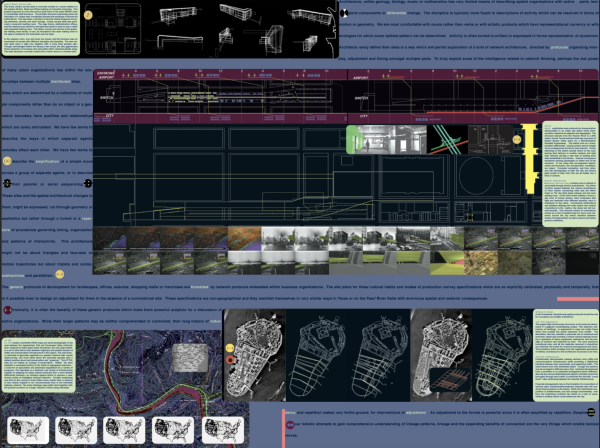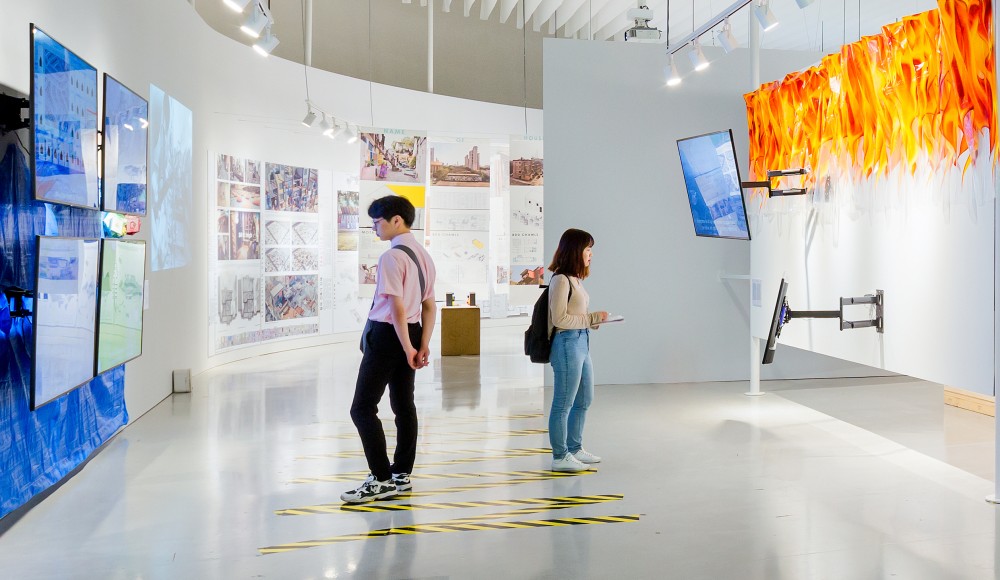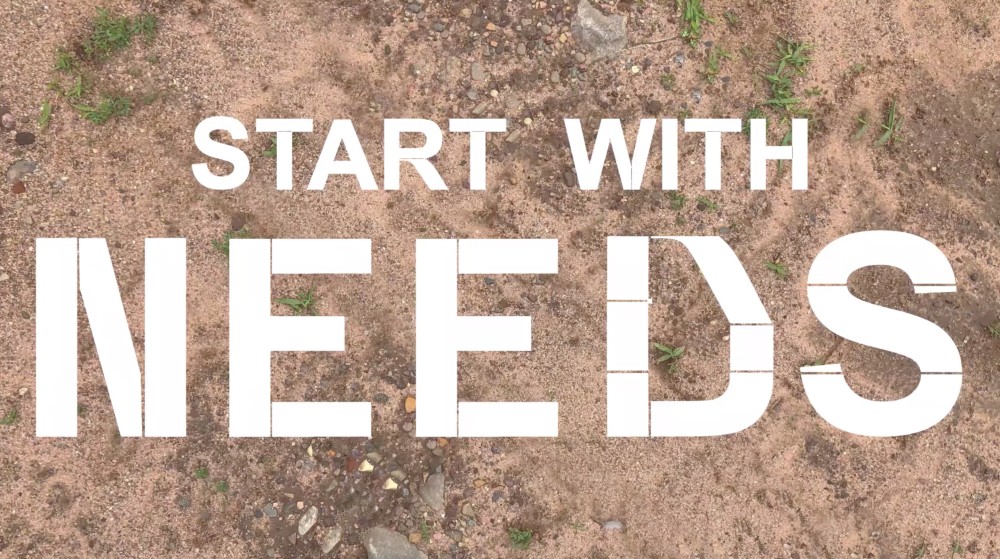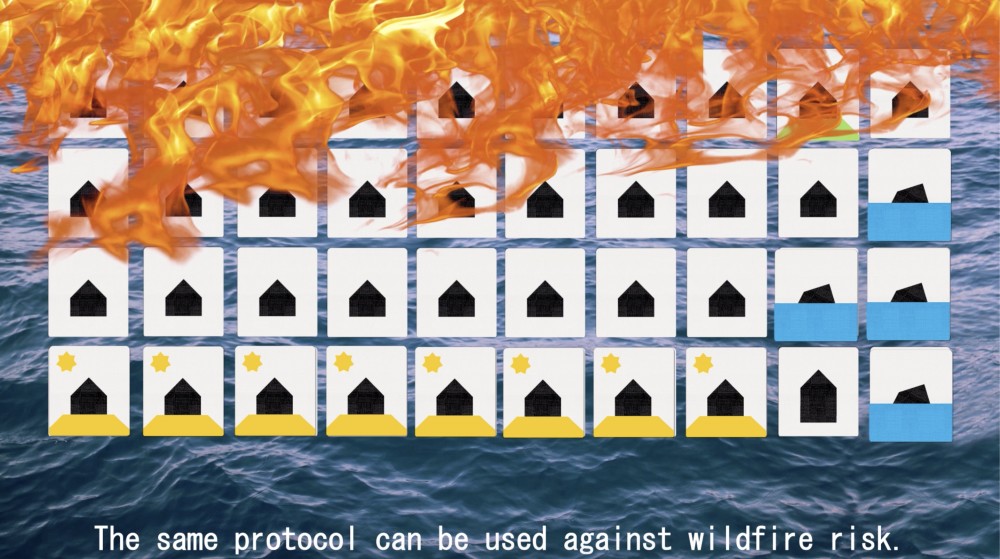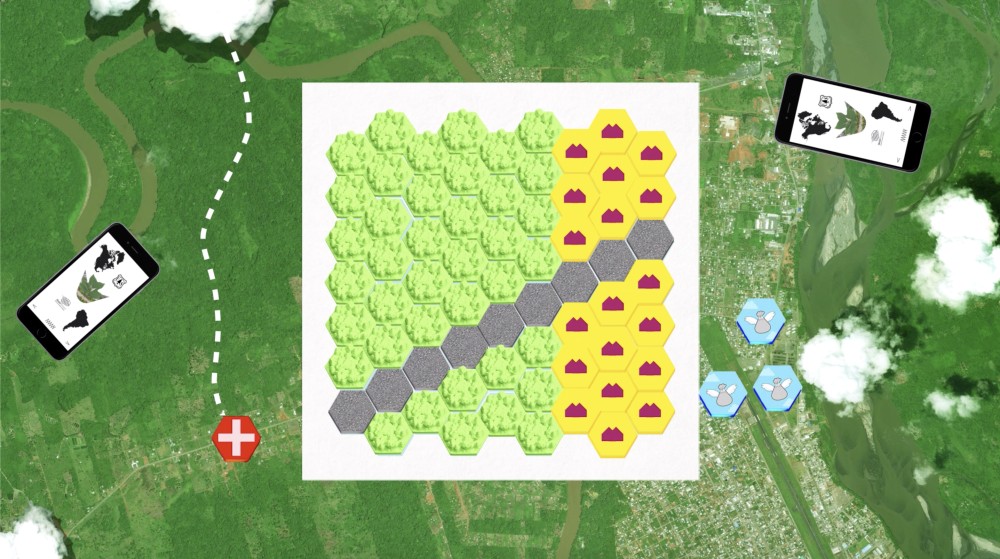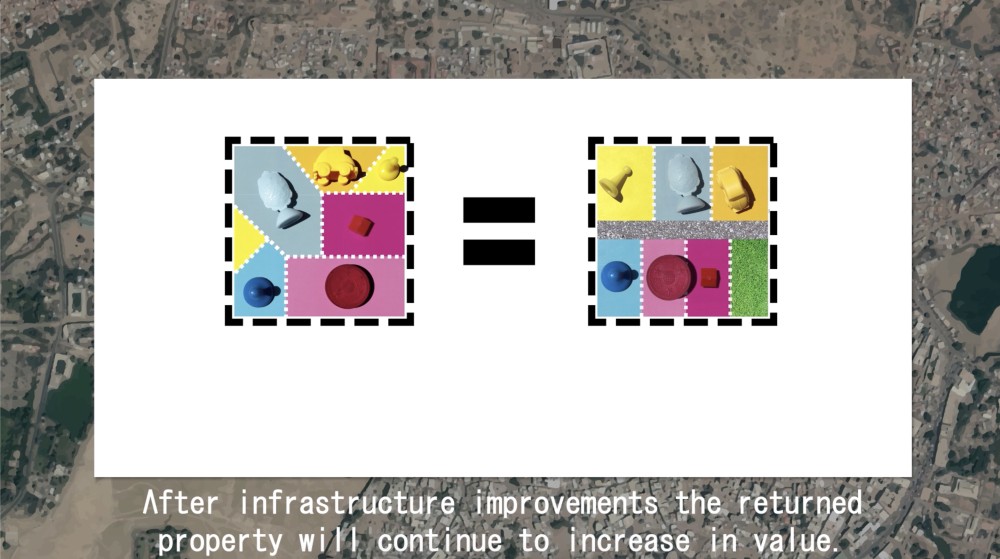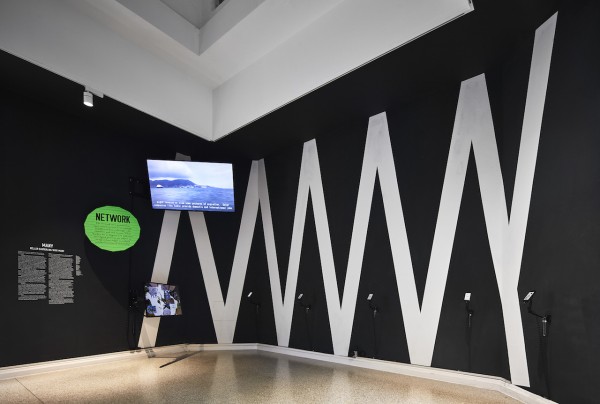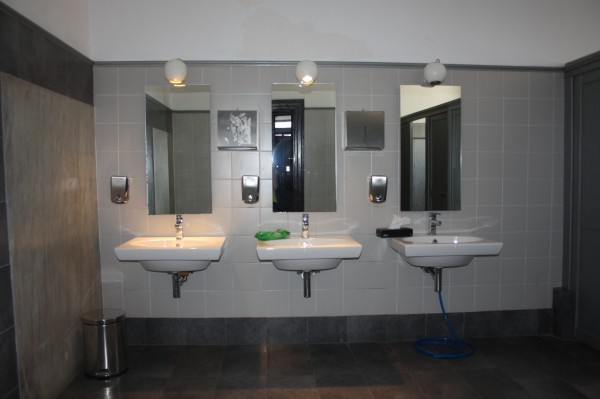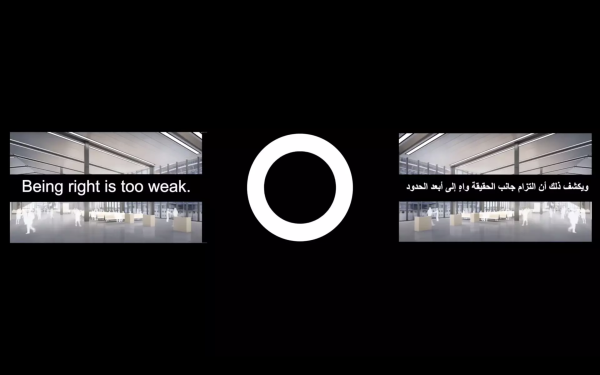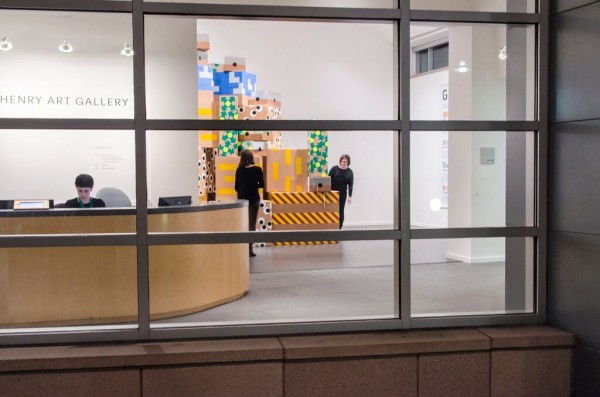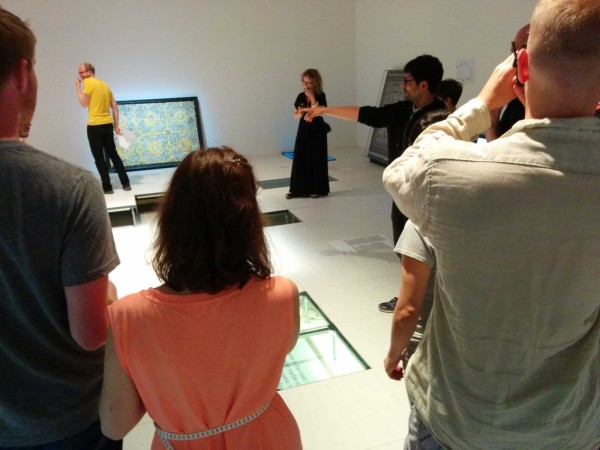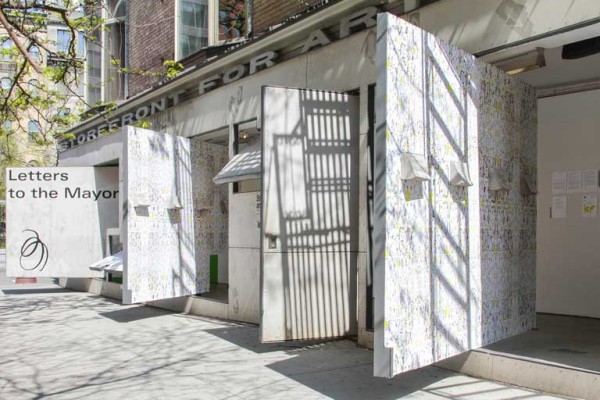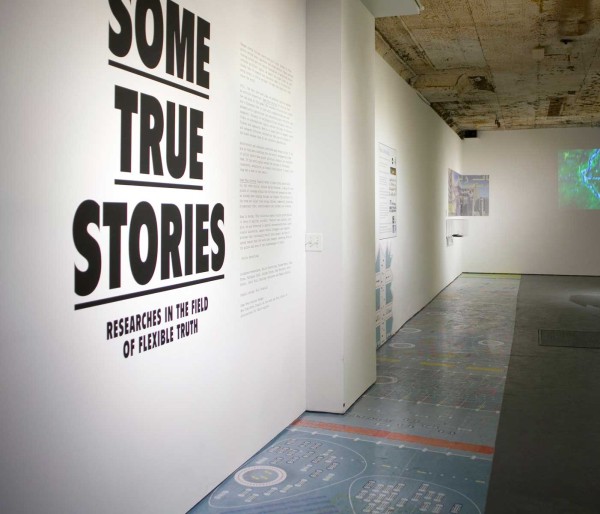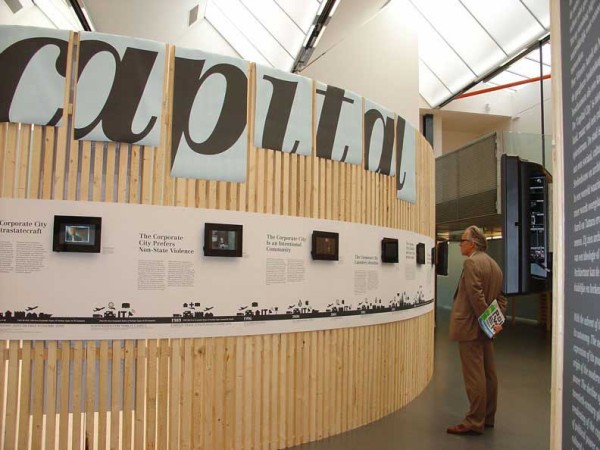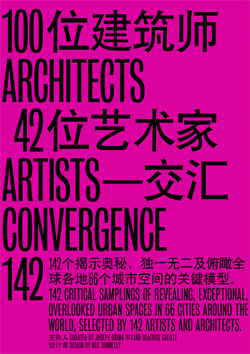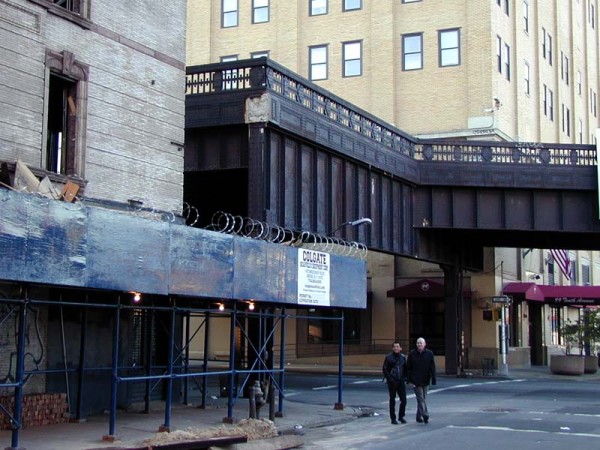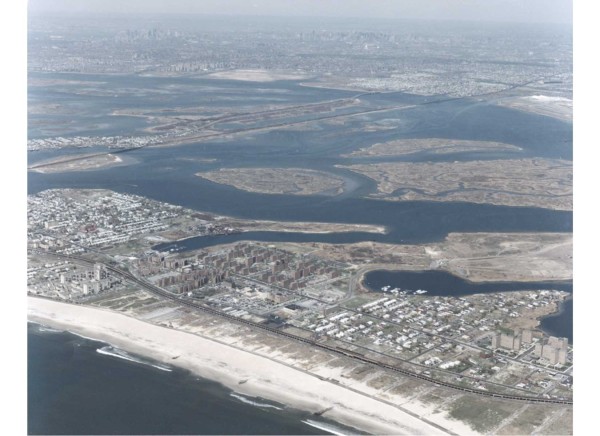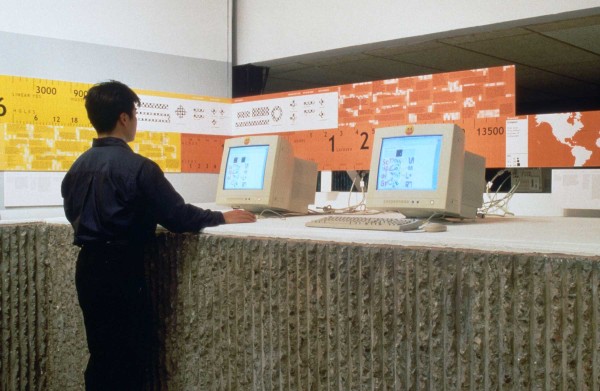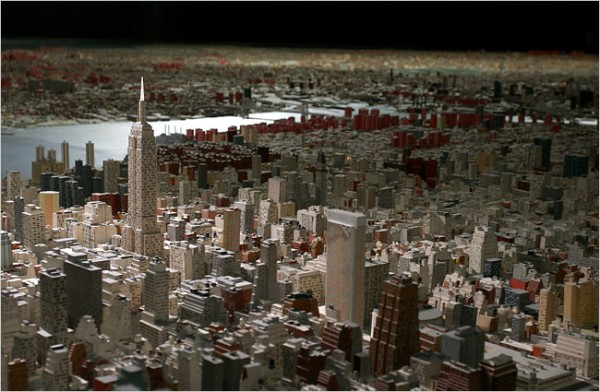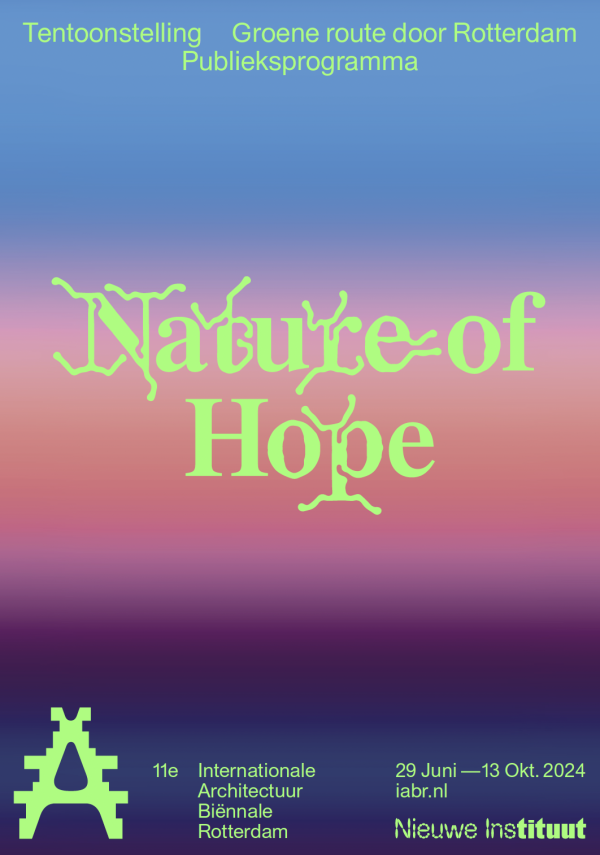Photo credit: Tay Yoon Kim
Seoul Biennale of Architecture and Urbanism
September 5, 2019 – November 1, 2019
Seoul, South Korea
Photo credit: Tay Yoon Kim
Start with problems. Problems are good. The collective city likes to multiply problems. It designs, not master plans, solutions and algorithms to eliminate problems, but rather organs of interplay to combine problems. Problems leaven and catalyze each other. Problems that politicians and markets leave in their wake are resources. When urban spaces fail politically or financially, they become available for interplay. Shedding legal or econometric abstractions, they offer a parallel portfolio of heavy, physical, situated values embedded in spaces—proximities, dispositions and risks in a wetter, hotter world. Four protocols of interplay are considered here. They start with need, disaster, risk and overdevelopment as raw materials. One protocol allows communities to consider needs as currencies rather than deficits. Another produces value through spatial rearrangement to counter inequality and create compounding reparations. Two subtraction protocols demonstrate how to put the development machine into reverse in sensitive landscape and areas of climate risk. One reduces collective risk by pooling mortgages in areas of coastal and wildfire retreat to facilitate gradual relocation. And the other concentrates development in previously deforested areas using an interdependence between roads, broadband, and development.
Needs
Disaster
Flood
Deforestation
Team: Paul Lorenz, Jeffrey Liu, Matthew Wagstaffe, Steven Rodriquez, Juan Pablo Ponce de Leon, Adam Feldman
Special Thanks to: Geeta Mehta, Asia Initiatives and Andrea Jandricek, Changing Ground
Curatorial Team: Beth Hughes, Francisco Sanin, LJY Studio, Hyoeun Kim, Altelier JART, Anna Voersel, Giulia Viciani, Heejung Hwang
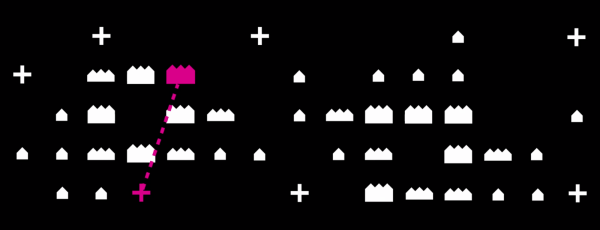
Subtraction Games Lux: Projection on Beinecke Library by Lisa Albaugh and Samantha Jaff 
April 10, 2015
Beinecke Library, New Haven, Connecticut
